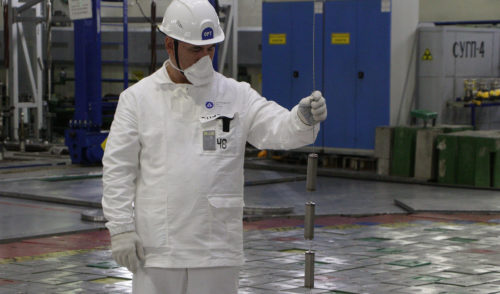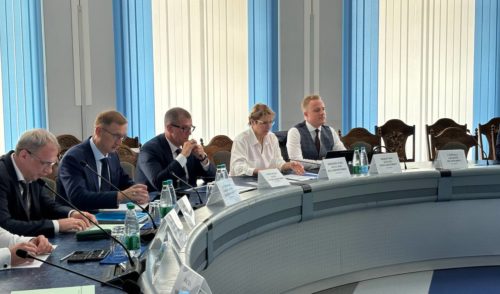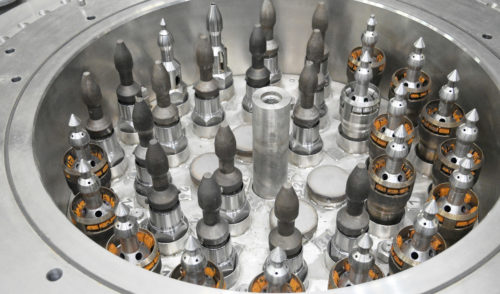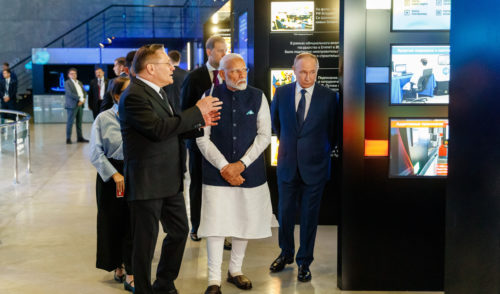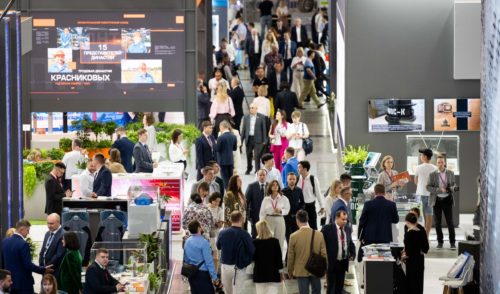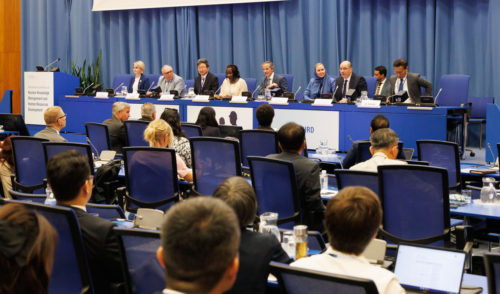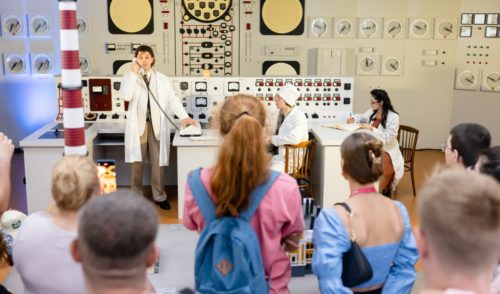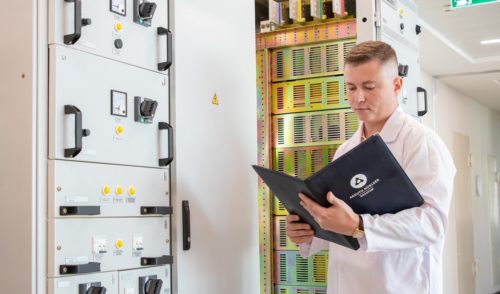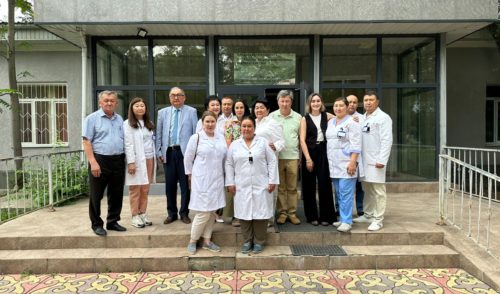Science. Rosatom researchers confirmed that high-power VVER nuclear fuel can be used safely and reliably in load-following mode. To do this, they studied the behavior of fuel elements with different fuel compositions in the MIR research reactor located at the Research Institute of Atomic Reactors (RIAR, part of Rosatom). The researchers simulated daily variations of nominal thermal power within the 40% to 100% range in VVER-1200 reactors. The tests lasted 224 days, with 218 power ascension and descension cycles completed. The results of in-pile and post-irradiation studies confirmed the fuel’s operational capability in intraday load following. “This is another step towards demonstrating the feasibility of operating Russian-designed high-power reactors in load-following mode. Our research into more efficient nuclear generation is attracting much interest from the operators of Russian-built nuclear stations abroad,” said Alexander Ugryumov, Senior Vice President for Research and Development at TVEL (part of Rosatom).
News


